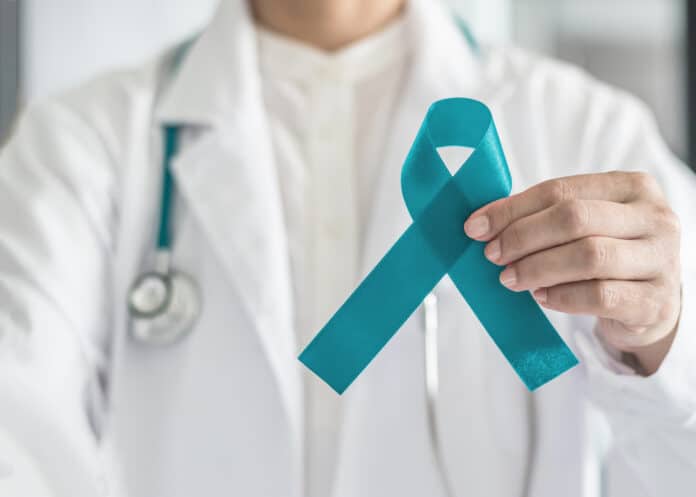
Cervical cancer is a type of cancer that affects the cells of the cervix, which is the lower part of the uterus that connects to the vagina.
It is closely linked to infection with the human papillomavirus (HPV). HPV can be detected in about 99.7% of people with cervical cancer. The virus appears to cause abnormal cell changes in the cervix, which can then develop into cancer.
However, not everyone who is infected with HPV will develop cervical cancer, and there are a few things you can do to reduce your risk.
Diet and Cervical Cancer
Inflammation is a natural and helpful response of the immune system to infection or injury. However, when inflammation is chronic (long-lasting), it can lead to damaged tissues and the development of cancer cells.
Fruits and vegetables are packed with antioxidants and other nutrients that can help to fight inflammation. They can also help to boost the immune system, which can help your body better respond to infections and conditions like HPV and cervical cancer.
Some of the best foods to eat for reducing inflammation and lowering your risk of cervical cancer include:
● Leafy greens – spinach and kale
● Cruciferous vegetables – broccoli and cauliflower
● Citrus fruits – oranges and grapefruits
● Berries – strawberries and blueberries
● Nuts and seeds – peanuts, pistachios, and flax seeds
● Herbs and spices – onion, ginger, and garlic
● Complex carbs – farro, whole grain rice and bread
Foods to Avoid
In addition to eating foods that reduce inflammation, it’s also important to avoid or limit your intake of foods that can increase inflammation and raise your risk of cervical cancer. Some of the foods to avoid include:
● Processed and packaged foods – chips and cookies
● Fried foods – french fries and fried chicken
● Sugary drinks – soda, sweetened tea, and fruit juice
● Alcohol – can weaken the immune system and increase inflammation
● Red meat – linked to an increased risk of cervical cancer
Screenings for Cervical Cancer
While eating a healthy diet can help to reduce your risk of cervical cancer, it’s important to also get regular screenings. Cervical cancer is often asymptomatic, meaning it won’t present with any obvious symptoms.
Most cases of cervical cancer are first detected through routine screenings. This can also help catch the problem early when it still has the highest chance of being successfully treated.
The two screenings for cervical cancer are Pap smears and HPV testing.



















